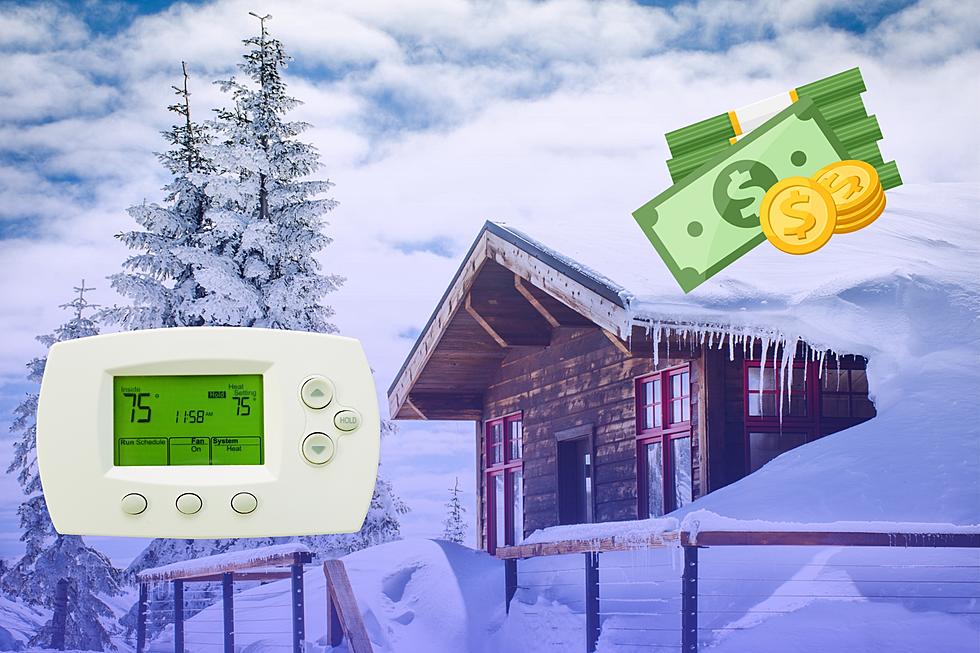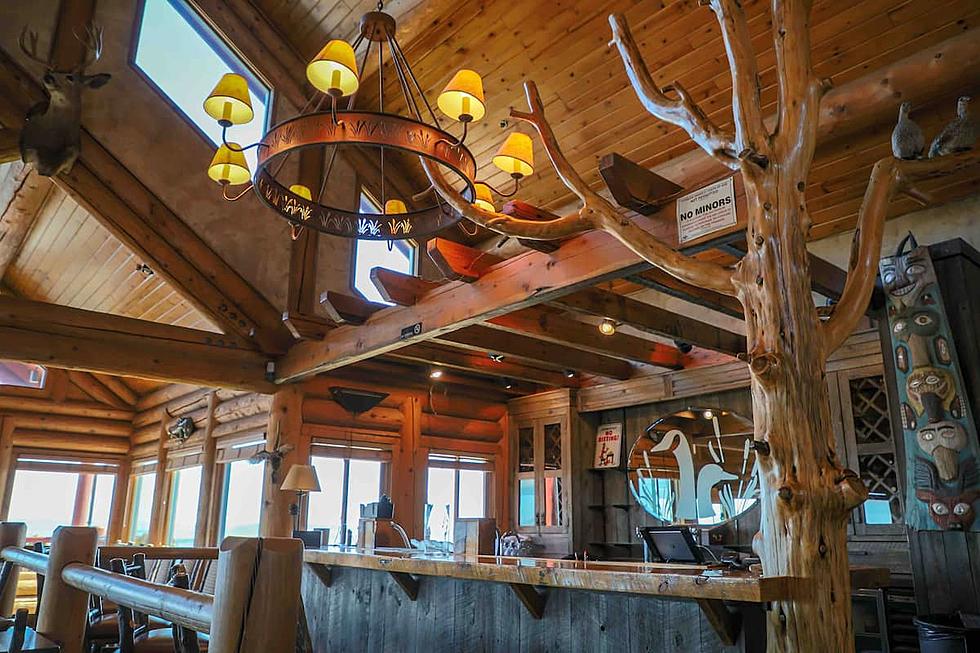
11 Tips To Survive a Cold Snap in the Columbia Basin
Snow is here! We've had a pretty mild winter so far in the Columbia Basin but now Mother Nature seems to have one final burst in her before we get into spring.
Our friends at Pacific Power have sent out some guidelines to keep you safe during this cold snap. They recommend following these 11 tips to make sure that you and your family stay safe during these wintery times. Here are their suggestions:
- Stay away from all downed power lines and utility lines. Even if the lines are not sparking, they could be energized and extremely dangerous. Call 911 and report the outage to Pacific Power at 1-877-508-5088.
- Don’t drive over downed power lines.
- Preserve body heat by wearing multiple layers of clothing. Add a hat and blanket to stay warm. Blankets and towels around windows and doors help keep the heat in.
- Check on your neighbors, especially those who may need special assistance.
- Protect your pipes during freezing weather by wrapping them with insulation. Also, leave faucets dripping so water won’t freeze and crack the pipes.
- Stop drafts. Plastic sheeting can help with windows. Caulk gaps if you have time. Towels or blankets can help keep out the cold at the bottoms of doors.
- Maintain safe distances from utility workers. Repair work is being done under our COVID-19 safety protocols. Waves and acknowledgment are welcome, but please allow crews to do their work at an appropriate distance both for operational and COVID-19 safety.
- Keep mobile devices charged to use in an emergency. Before an outage occurs, download the Pacific Power app to your smart device so you can have information readily available.
- Keep refrigerator and freezer doors closed. Most food requiring refrigeration can be kept safely in a closed refrigerator for several hours. An unopened refrigerator will keep food cold for about 4 hours. A full freezer will keep the temperature for about 48 hours.
- Remember your pets! Pets who spend a lot of time outdoors need more food in the winter because keeping warm depletes energy.
- If you are using alternate heat or cooking sources, remember to allow plenty of ventilation. Never burn charcoal for heating or cooking indoors.
- If you are using a generator, make sure to follow all manufacturer’s instructions. Make sure the generator is outside and not near any household air intakes. Do not connect the generator directly to your breaker box as this can create a dangerous situation for crews working on the powerlines. Instead, plug essential appliances directly into the generator.
I know that one of the most dangerous items is propane or gas heaters in garages and houses that are unmonitored.
I remember one winter, my wife and I rented a place that had oil heat and it was expensive to refill. We ran little space heaters and looking back, I'm so glad we didn't burn the house down.
A little education goes a long way so thanks Pacific Power for these helpful tips.

LOOK: 20 tips to help your houseplants survive the winter
More From 98.3 KEYW


![WSP Trooper Reminds Motorists to “Please Wear Your Seat Belt” [VIDEO]](http://townsquare.media/site/133/files/2023/01/attachment-Seatbelts.jpg?w=980&q=75)




![Here are 5 Reasons We Love the Tri-Cities [PHOTOS]](http://townsquare.media/site/134/files/2020/12/Mid-Columbia-Ballet-Claras-Tri-Cities-Nutcracker-Dream.jpg?w=980&q=75)

